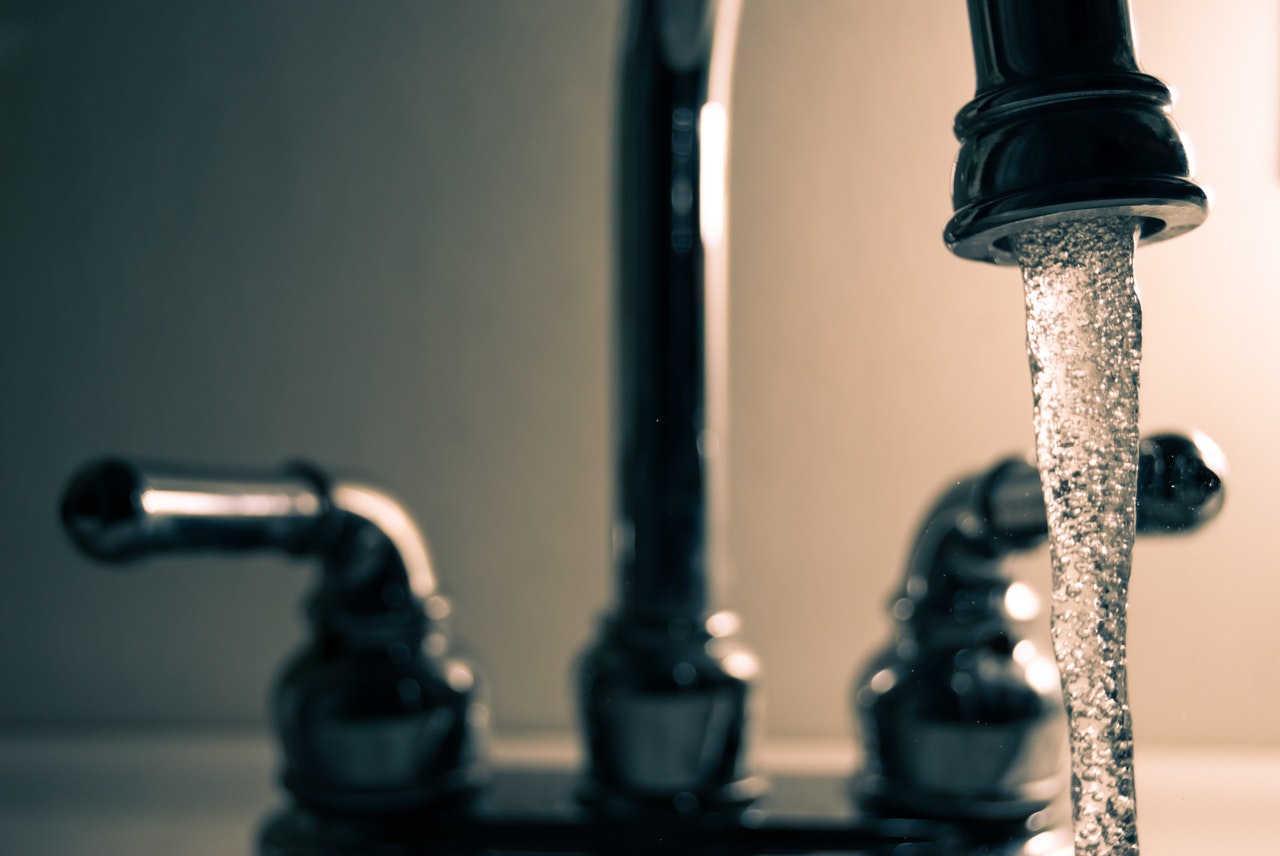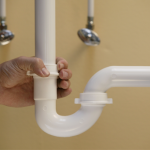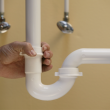Did you know that more than 90% of homes in the United States have hard water?Different Water Softeners types are explained here.
When left untreated, hard water can cause a buildup in plumbing and water lines. This causes water-dependent appliances in your home to operate less efficiently.
Hard water contains a high concentration of magnesium and calcium. This can wreak havoc on dry skin, your dishwasher, and your washing machine.
Thankfully, water softeners help reduce the negative impact that hard water can have on our homes and health. But, what are the different types of water softeners?
We’re here to break down all of the different water softeners types and which type is the best investment to make for your home. Keep reading to learn more!
Salt-Based Water Softeners
A salt-based water softener types is also commonly referred to as an ion exchange water softener. Using resin inside the water softener system, the resin works to attract magnesium and calcium from your water.
After they were attracted to the magnesium and calcium in your water, the salt-based water softener will replace these minerals. These minerals will be replaced with sodium ions via a process referred to as ion exchange. When the water softener doesn’t have any more positively charged sodium ions to replace the hard minerals in the water in your home, you can replace the resin with salt.
Keep in mind that salt-based water softeners will remove any agents in your water that’s causing hard water but won’t remove anything else. This means that if you have any bacteria are chemicals that are found in your water; you shouldn’t depend on a salt-based water softener to remove them.
If you want to learn more about salt-based water softeners, check this link out: https://filtersmart.com/blogs/article/salt-verses-salt-free-water-softeners
Reverse Osmosis Water Softener
What type of water softener isn’t, they refer to as a water softener, but this is because it strips the water of all the substances found inside them. This means that bacteria, chemicals, and any agent causing hard water will be removed from your water.
Reverse osmosis water softeners work by using a high amount of pressure to force all the water filtering through a membrane that filters the water down to microscopic levels. After this filtration step, the water will be moved for several other types of filters to ensure that all impurities are entirely removed from the water.
Magnetic Water Softener
One of the newest types of water softeners on the market, magnetic water softeners work to neutralize the hard minerals found in the water. This prevents any hard minerals from bonding together, preventing a build-up in your pipes and appliances.
This means that you’ll have all the benefits that come with having soft water. Plus, you won’t have to worry about having to invest in a softening system that’s as expensive as other options on the market. Plus, they’re super easy to install and you won’t have to worry about cutting into any piping to get a magnetic water softener in your home.
Understanding the Different Types of Water Softeners
By learning about all of the different types of water softeners on the market, you can find it the best available model for your home’s unique needs. No matter whether you’re trying to avoid hard water stains and your bathroom or rust on your faucets, investing in a water softener can be greatly beneficial to your home and your health.
Are you interested in learning more about how to improve the water quality in your home? Check out our blog to learn more today!

















